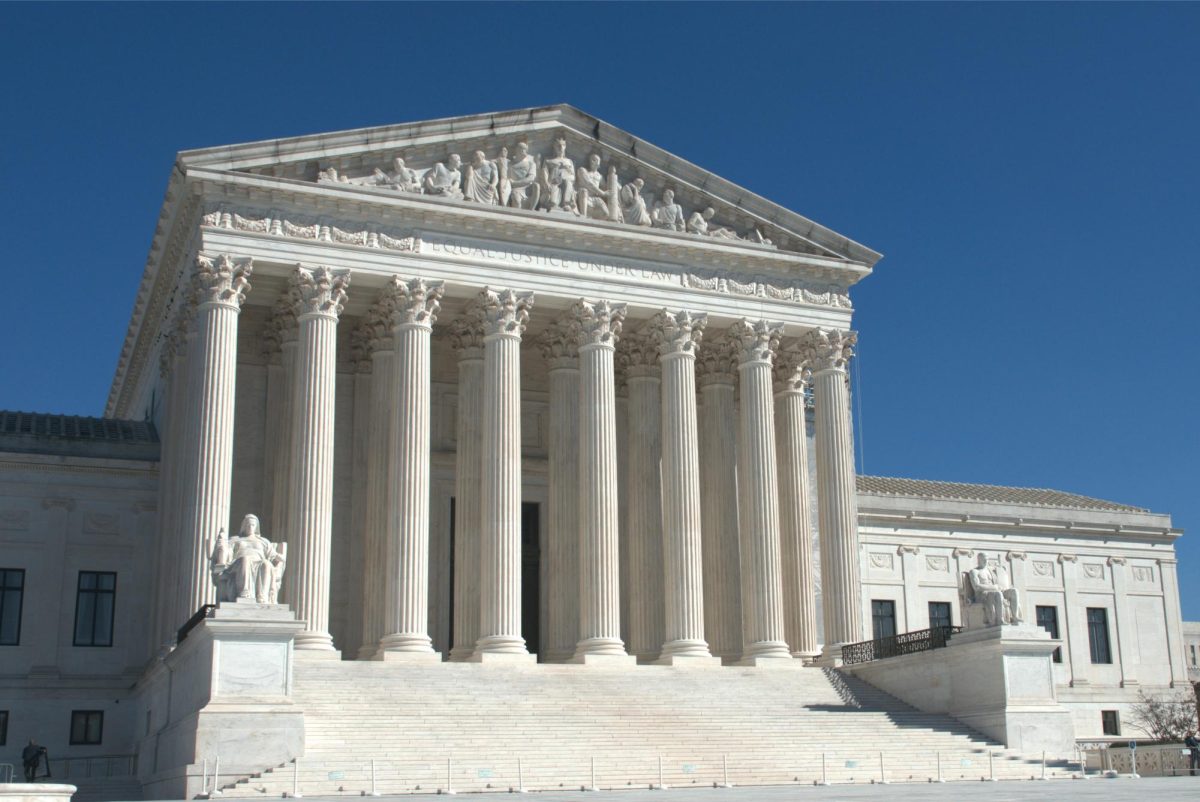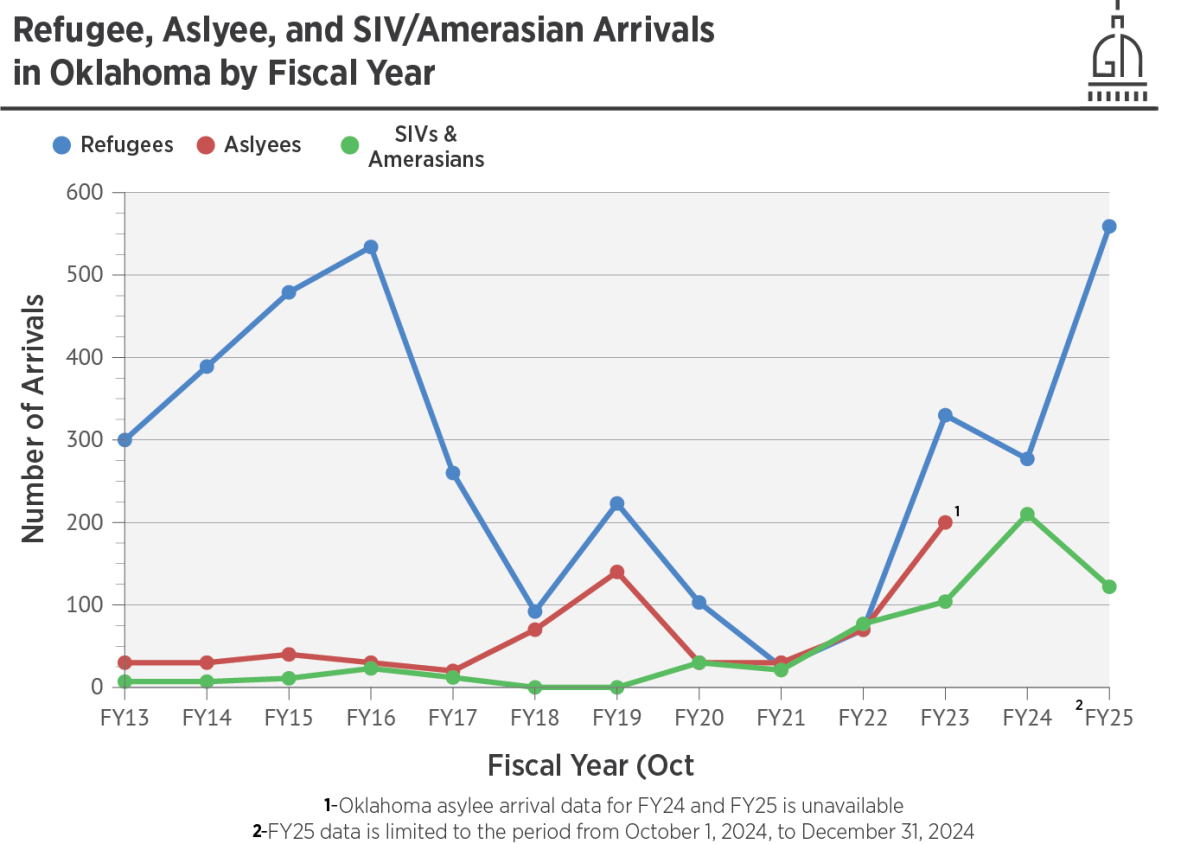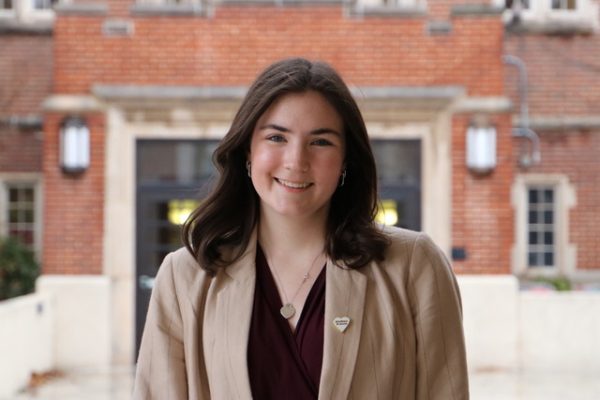The Supreme Court is set to hear oral arguments for the St. Isidore of Seville Catholic Virtual School v. Drummond case next Tuesday, April 30.
This case, consolidated with Oklahoma Statewide Charter School Board v. Drummond, will be a major decision regarding the exercise of religion in charter schools. Because of this, organizations and stakeholders nationwide have submitted amicus (or “friend of the court”) briefs with arguments regarding the outcome of these cases.
- In 2023, Oklahoma Attorney General Getner Drummond filed actions against the Oklahoma Statewide Charter School Board and its members seeking to terminate the board’s new contract with an online Catholic Charter school sponsored by the Oklahoma City and Tulsa Catholic Archdioceses.
- The charter school was named “St. Isidore of Seville Catholic Virtual School
- This online charter school would:
- receive state funding
- be accessible to any student in the state of Oklahoma, regardless of religious background
- Have the state’s expectation of secular instruction in charter schools waived
- Drummond contended that this contract violated Oklahoma State law, the Oklahoma Constitution, and the Constitution of the United States, and the Oklahoma Supreme Court heard the case in June 2024.
- The court agreed with Drummond, holding that the contract did violate state and federal law.
- The case was then appealed to the Supreme Court in 2024 and scheduled for oral arguments on April 30.
Why this matters:
- This case could set precedent about how and when it is appropriate for states to use funds for schools with religious affiliation.
- Drummond, now running for Governor for the 2026 election cycle, is getting national attention for these cases.
- Oklahoma students could have access to state funded religious schools, regardless of denominational affiliation.
- The Court’s conservative majority could take a major step towards the Trump Administration and Project 2025’s goals of total “School Choice.”
Oklahoma Public Figures
- Former Oklahoma Attorneys General Scott Pruitt and John M. O’Connor filed an amicus brief arguing that schools like St. Isidore’s do not become “state actors” simply by accepting state funding. They argue that the Oklahoma State Charter School Board rightfully approved the state contract with St. Isidore’s, but “the current Attorney General quickly sought to rescind that approval solely because St. Isidore is a religious school.”
- Ryan Walters also filed a Brief in his official capacity as State Superintendent for Education, arguing that the “Establishment Clause” of the First Amendment should not be used against the “Free Exercise Clause.” The “Establishment Clause” is one of the elements of the First Amendment and states, “Congress shall make no law respecting an establishment of religion.” This has been interpreted through precedents to mean that no governmental agency shall take steps to favor any religion as an official state religion.
- Walters argues that the holding of the Oklahoma Supreme Court puts these doctrines in conflict saying, “No one disputes that aside from its religious character, St. Isidore is qualified to serve as a charter school. So putting the school to the choice of abandoning its religious identity or losing its contract with the state to open a charter school violates the Free Exercise Clause under this Court’s holdings in Trinity Lutheran, Espinoza, and Carson.”
- Former Governor Frank Keating also joined an amicus brief arguing that, “Oklahoma’s experience illustrates the need for and value of diverse educational options, especially for low-income and rural families.”
South Carolina and 11 other states
- The states of Alabama, Arkansas, Louisiana, Montana, Texas, Kansas, Nebraska, Missouri, Ohio, Florida, Georgia, and Utah joined an amicus brief submitted by South Carolina. These states expressed an interest in this case due to programs that use state funds to pay for scholarships to private schools. These states argue that the Oklahoma Supreme Court has “turned the Establishment Clause on its head,” by prohibiting families from using state funds to pay for their choice of religious education.
- “This Court should protect religious schools from unconstitutional discrimination, defend states’ ability to provide educational opportunities to their citizens, and confirm that Amici States can permissibly give public aid to religious schools and organizations,” they wrote to SCOTUS.
Constitutional Law Scholars
- A brief submitted by a group of Constitutional and Educational Law Scholars argues in support of Drummond and the Oklahoma Supreme Court. This brief argues that charter schools are in fact state actors as they are a part of the public school system. The brief says, “While the exact structures of charter schools and the regulatory requirements governing their operations vary state-by-state, charter schools across the country share a common structure and function rooted in their very designation as charters.”
Religious Freedom Organizations
- Several religious Freedom Organizations have submitted briefs in support of both sides of this case. Briefs from the Baptist Joint Committee (BJC) and the National Alliance for Public Charter Schools argue that the petitioners (St. Isadore) demonstrate a “fundamental misunderstanding of the nature of a public charter school and the public charter school’s role within the public education system.” The brief argues that there is a difference between students who receive state funding to attend private schools and schools that are distinguished as charter schools.
- Additionally, the Baptist Joint Committee argues that the state of Oklahoma does not have an obligation to fund religious charter schools simply because they are also funding nonreligious charter schools. “The Constitution draws a firm line: The State may not intertwine its authority with religion,” the brief argues.
However, other Jewish and Muslim organizations have sided with St. Isidores, with several joining on two briefs that argue that Drummond and the Attorney General’s Office are prejudiced against “minority religions” such as Catholicism. The brief states,“That hateful sentiment is also reflected in the petition and corresponding motion that his office filed before the Oklahoma Supreme Court,” about Drummond’s comments in his argument before the Oklahoma Supreme Court.








